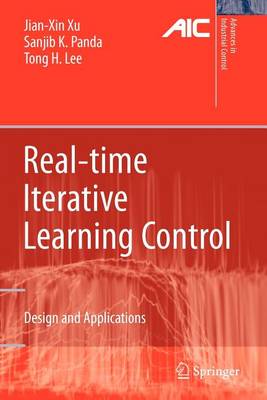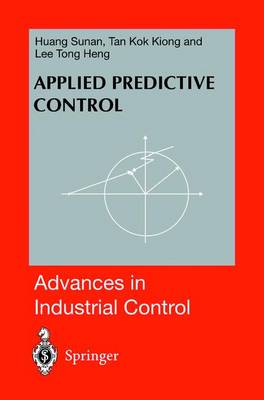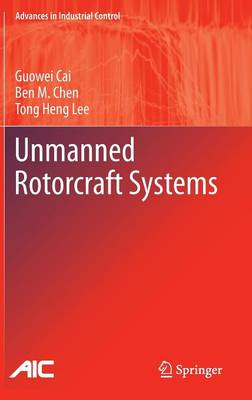Advances in Industrial Control
3 total works
Real-Time Iterative Learning Control
by Jian-Xin Xu, Sanjib K Panda, and Tong Heng Lee
Real-time Iterative Learning Control demonstrates how the latest advances in iterative learning control (ILC) can be applied to a number of plants widely encountered in practice. The book gives a systematic introduction to real-time ILC design and source of illustrative case studies for ILC problem solving; the fundamental concepts, schematics, configurations and generic guidelines for ILC design and implementation are enhanced by a well-selected group of representative, simple and easy-to-learn example applications. Key issues in ILC design and implementation in linear and nonlinear plants pervading mechatronics and batch processes are addressed, in particular: ILC design in the continuous- and discrete-time domains; design in the frequency and time domains; design with problem-specific performance objectives including robustness and optimality; design in a modular approach by integration with other control techniques; and design by means of classical tools based on Bode plots and state space.
This focused treatment includes the fundamentals and some state-of-the-art developments in the field of predictive control. A substantial part of the book addresses application issues in predictive control, providing several interesting case studies for more application-oriented readers.
Unmanned Rotorcraft Systems explores the research and development of fully-functional miniature UAV (unmanned aerial vehicle) rotorcraft, and provides a complete treatment of the design of autonomous miniature rotorcraft UAVs. The unmanned system is an integration of advanced technologies developed in communications, computing, and control areas, and is an excellent testing ground for trialing and implementing modern control techniques. Included are detailed expositions of systematic hardware construction, software systems integration, aerodynamic modeling; and automatic flight control system design.
Emphasis is placed on the cooperative control and flight formation of multiple UAVs, vision-based ground target tracking, and landing on moving platforms. Other issues such as the development of GPS-less indoor micro aerial vehicles and vision-based navigation are also discussed in depth: utilizing the vision-based system for accomplishing ground target tracking, attacking and landing, cooperative control and flight formation of multiple unmanned rotorcraft; and future research directions on the related areas.


